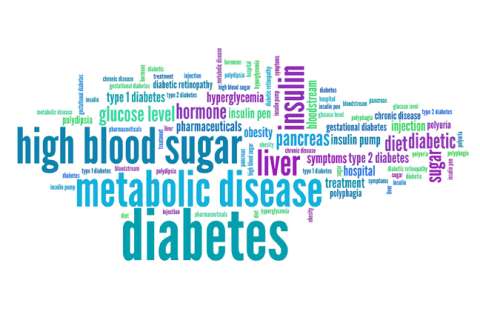About Us
Find your care
Our knowledgeable experts treat obesity and fatty liver disease while improving metabolic health. Call 310-825-2631 to connect with a specialist.
Currently, there are multiple treatment options for diabetes, high cholesterol and heart disease, but there are no satisfactory long-term medical therapies for obesity or fatty liver disease. A major objective of COMET is to advance the understanding of this condition and create additional treatment alternatives. Fatty liver disease exists on a spectrum from simple non-alcoholic fatty liver disease (NAFLD) to a condition in which the liver is inflamed, called non-alcoholic steatohepatitis (NASH). NAFLD/NASH is the most common liver disorder in industrialized countries.

Patients with the more advanced lesions of NASH are at risk for developing fibrosis, which can progress to cirrhosis and end-stage liver disease. In a liver consultation at COMET, our patients receive a thorough examination and state-of-the-art medical imaging, including advanced MRI protocols to determine liver scarring, with biopsies as clinically indicated. Hepatologists (doctors specializing in diseases of the liver) work with patients to customize a multi-faceted approach to treating fatty liver disease, including medical management.
The best long-term option for treating obesity and fatty liver remains bariatric (weight loss) surgery. Our physician-scientists are at the forefront of discovering and offering new obesity treatments, including minimally invasive bariatric surgery and endoscopic gastric bypass revision for patients with weight regain following gastric bypass. We offer both surgical and non-surgical weight loss therapies and tailor treatment to each patient's unique circumstances and health needs.
COMET is one of the few centers in the United States actively studying ways to conquer the obesity epidemic. The research arm focuses on how alterations of lipid metabolism promote liver damage, insulin resistance and diabetes. Our scientists are exploring the role of endogenous nutrient receptors on the development of the component conditions of the metabolic syndrome: fatty liver, diabetes, dyslipidemia, obesity and atherosclerosis. Moreover, recent research has centered on altered lipid metabolism and its contribution to the liver's wound-healing response and the process of fibrosis. Currently, there are no anti-fibrotic therapies that specifically and directly target any liver disease. However, UCLA scientists have observed that lipid metabolism, through liver X receptor (LXR) signaling, plays an important role in the activation of hepatic stellate cells and contributes to liver fibrosis susceptibility. This unexpected finding has launched a new field of study aimed at halting the progressive fibrosis that is at the root of all chronic liver diseases, including the metabolic syndrome. The goal is to identify targets, such as enzymes, kinases, phosphatases or receptors, for the development of new therapeutic agents.
Metabolic syndrome has emerged as the most important health epidemic of the 21st century. The syndrome is a set of interrelated disorders including obesity, diabetes (insulin resistance), fatty liver, dyslipidemia and cardiovascular disease. These combined conditions account for most of the morbidity and mortality in the United States. With comprehensive scientific resources in place, the Center for Obesity and METabolic Health (COMET) at UCLA is positioned to tackle this growing problem through compassionate and timely treatment, follow-up and cutting-edge research. Our goal is to maintain a center of innovation that will lead the country in both groundbreaking research and treatments, ultimately improving the lives of generations of patients. We have integrated all aspects of care, including specialist medical care for the liver, endocrine and cardiovascular complications of metabolic syndrome, bariatric surgery, clinical nutrition and dietary support, and psychological counseling.